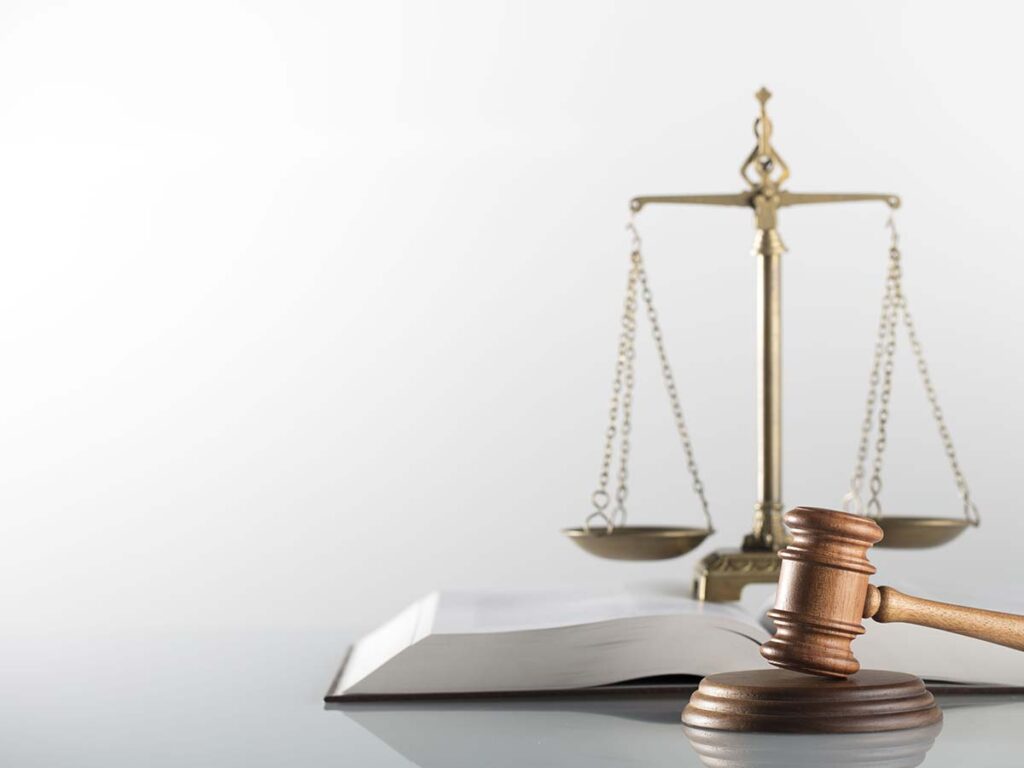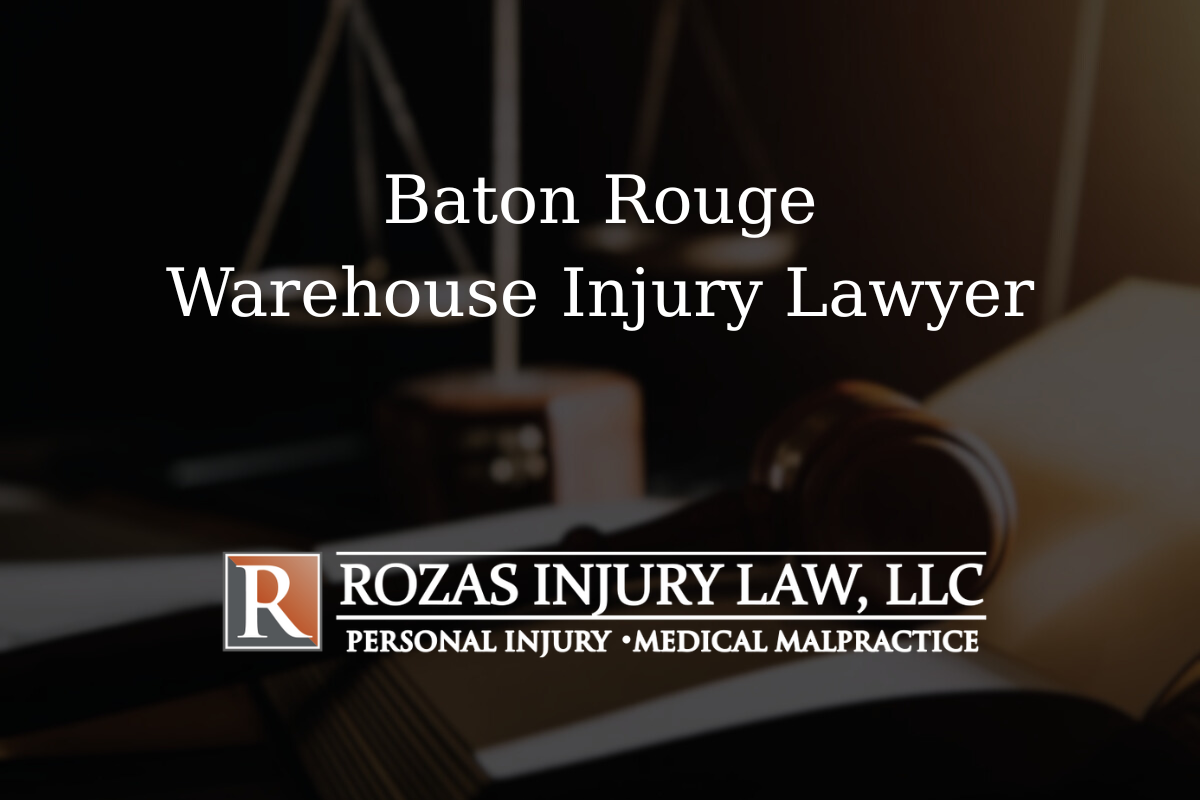Warehouse jobs in Baton Rouge are fast-paced, physical, and often dangerous. When a serious injury happens on the job, the aftermath can be overwhelming—lost wages, medical expenses, and uncertainty about what to do next. If you’re an injured worker, you deserve answers, support, and legal guidance grounded in Louisiana law.

Common Warehouse Injuries and What Causes Them
Workplace accidents in warehouses range from forklift collisions and back injuries to falls, toxic chemical exposure, and heavy equipment failures. These industrial accidents often result in serious injuries like orthopedic injuries, knee injuries, or spinal cord damage. For some, the trauma includes post traumatic stress disorder or chronic pain that requires long-term care.
Warehouse settings are filled with risks—from poor lighting to overstocked shelving—and when employers fail to protect workers, serious accident injuries can follow. If you suffered a work related injury in a Baton Rouge warehouse, you may be entitled to workers compensation and possibly more.
Your Rights Under Louisiana Workers Compensation Laws
Louisiana law provides workers compensation benefits to employees injured on the job. This includes coverage for medical treatment, lost wages, and in some cases, permanent partial disability. But getting the benefits you deserve is rarely automatic. Workers compensation claims can be denied, delayed, or undervalued by insurance companies.
You may also need to undergo a medical evaluation to determine your maximum medical improvement or qualify for temporary total disability. These terms are complex, and without an experienced legal team, it’s easy to feel lost in the legal process.
When to File a Personal Injury Claim
Not all workplace injuries are limited to workers compensation. If your injury was caused by defective equipment, an unsafe work environment, or a third party outside your employer, you may also have a personal injury claim. This can help you recover compensation for medical bills, emotional distress, and physical pain—costs not covered by workers comp.
Personal injury cases involving warehouse injuries are especially important when catastrophic injuries occur, or when ongoing medical care will be needed for months or years to come.
Why Legal Help Matters After a Warehouse Injury
From fatal injuries to back injuries that keep you off the job, the road to recovery is hard enough. A Baton Rouge injury lawyer can help you navigate both workers compensation cases and injury claims, while also dealing with insurance companies and medical professionals.
They’ll make sure your medical care is covered, your lost income is documented, and your right to fair compensation is fully protected under Louisiana law. If you’re facing expensive medical bills or struggling to return to work, legal action may be your best step forward.

Free Consultation With a Baton Rouge Warehouse Injury Lawyer
A Baton Rouge Warehouse Injury Lawyer at Rozas Law Firm represents injured workers throughout Baton Rouge. If you were hurt in a warehouse accident and need help understanding your rights, we offer a free consultation and a clear path forward. Let us help you pursue maximum compensation for your injury claims and get the care you need.
FAQ
What injuries qualify for a warehouse injury claim?
Common injuries include knee injuries, orthopedic injuries, back injuries, and toxic chemical exposure. Any serious injury that occurs in a warehouse setting may qualify.
Can I file a personal injury claim and a workers compensation claim?
Yes. If a third party was involved or safety protocols were ignored, you may be eligible for both.
What expenses does workers compensation cover?
It may cover medical treatment, lost wages, physical therapy, and more—depending on the severity and type of your injury.
What if I need ongoing medical care?
Your workers compensation claim may include long-term care or disability benefits. A lawyer can help ensure these are not overlooked.
How soon should I contact a lawyer after a warehouse injury?
As soon as possible. Immediate medical care and legal support can protect your rights and improve the outcome of your claim.




